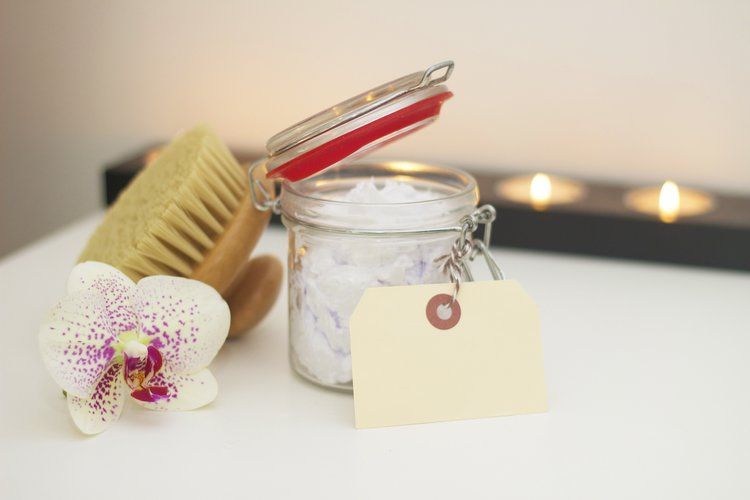Is Self-Care Overrated?
Are you happy with your relationships? Are you getting enough sleep? Are you able to finish everything on your daily schedule? Can you say NO? Do you have enough time to relax and enjoy life?
If you said NO to any of those questions, it is very likely that you and your body are experiencing emotional or physical stress.
Generally, our body knows very well how to regulate itself, but constant stress will have a negative impact on all of our bodily functions. We will develop poor digestion, sleep problems, and hormonal imbalances, leaving us feeling tired and overwhelmed.
Stress will also increase our anxiety, depression, and weight and accelerate our aging. We will not only look older but also think and feel much older than we are. Chronic stress will suppress our immune system and make us more susceptible to the cold, flu and other infections. The list goes on and on.
So why does stress have this substantial adverse impact on us and our bodies and what can we do about it? And why it is is a good idea to learn daily self-care habits that will interrupt and stop this negative cycle?
Let’s take as an example the effect stress has on our digestion and gut and, as a result, our general health. What goes on in our brain is connected to what happens in our gut, the relationship goes both ways. The brain manages our digestion and our immune system and vice versa our gut influences our emotional and physical well-being.
Why is it that we cannot digest food very well, even healthy food when we are emotionally upset about something? It’s because our brain will direct its attention first to fixing the perceived danger and activate our stress response system, the sympathetic nervous system. Our brain sees worry or stresses the same way as if there was an approaching, ferocious tiger that wanted to eat us. Among other things, it will trigger the release of stress hormones like adrenaline and cortisol.
Cortisol inhibits digestion, so food is only partially digested. Now fewer nutrients are absorbed causing nutritional deficiencies. Not only that but too much Cortisol over an extended time will compromise the lining of the gut. The lining of the intestine is a single cell layer that separates us from the outside world. It is usually a tight barrier with tiny holes that will only allow specific substances through and keep bigger particles out.
If the intestinal lining becomes compromised, its holes are more prominent, and it loses its ability to distinguish between harmful and harmless substances, it gets permeable. Now undigested or only partially digested food particles and proteins like, e.g., gluten, harmful bacteria, and toxic waste products of our digestion can seep into the bloodstream.
This will lead to an immune reaction and the development of inflammatory conditions, cause food intolerances, and lead to the development of autoimmune disorders.
To properly digest and keep our body function optimally, we have to have the other arm of the autonomous nervous system, the parasympathetic nervous system, our relaxation response, activated. The parasympathetic is also called the rest or digest or the feed or breed mode, and I always associate it with the image of a purring cat. It should be the primary way we are operating from if we want to feel and be healthy.
Unfortunately, it’s the stress response that we operate from most of the time and it will eventually wear us out and lead to all the symptoms mentioned above if we don’t do anything to redirect it.
So what can we do? How can we interrupt this destructive cycle and start to regain our health?
Practicing Self-Care, developing a mindset and daily practices that will send our body into the relaxation mode.
Remember, our brain cannot distinguish between a perceived danger like the fear and worry of losing our job, having to deal with a toxic relationship or the real physical threat of someone pointing a gun at us. All trigger the same release of stress hormones.
A great way to start a daily practice to reset your mind and body to relaxation mode is a gratitude practice. Every morning (or evening), think about three things that you are grateful for and write them down.
Other examples are:
* Going for a walk in nature or a serene environment
* Getting a relaxing massage
* Taking a bath with Epsom Salt and a few drops of essential Lavender oil
* Having a fun night out with family and friends
* Taking deep belly breathes throughout the day
You get the idea.
It is essential to schedule those activities every day and not to ignore them. Try one or all of them as a first step and see how your life changes for the better.
Create Your Life in "The Sweet Spot"
much love,
Dr. Carol
Schedule a Complimentary Health Clarity Session with me today and sign up for my newsletter to get occasional updates.
Download the FREE Guide To Better Sleep
Fill in your info below
Sign up to our newsletter











